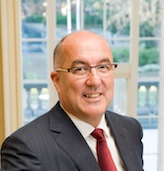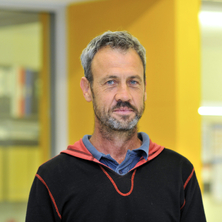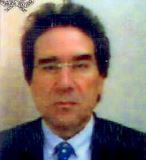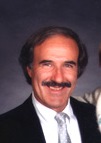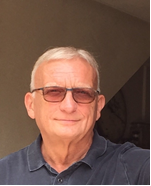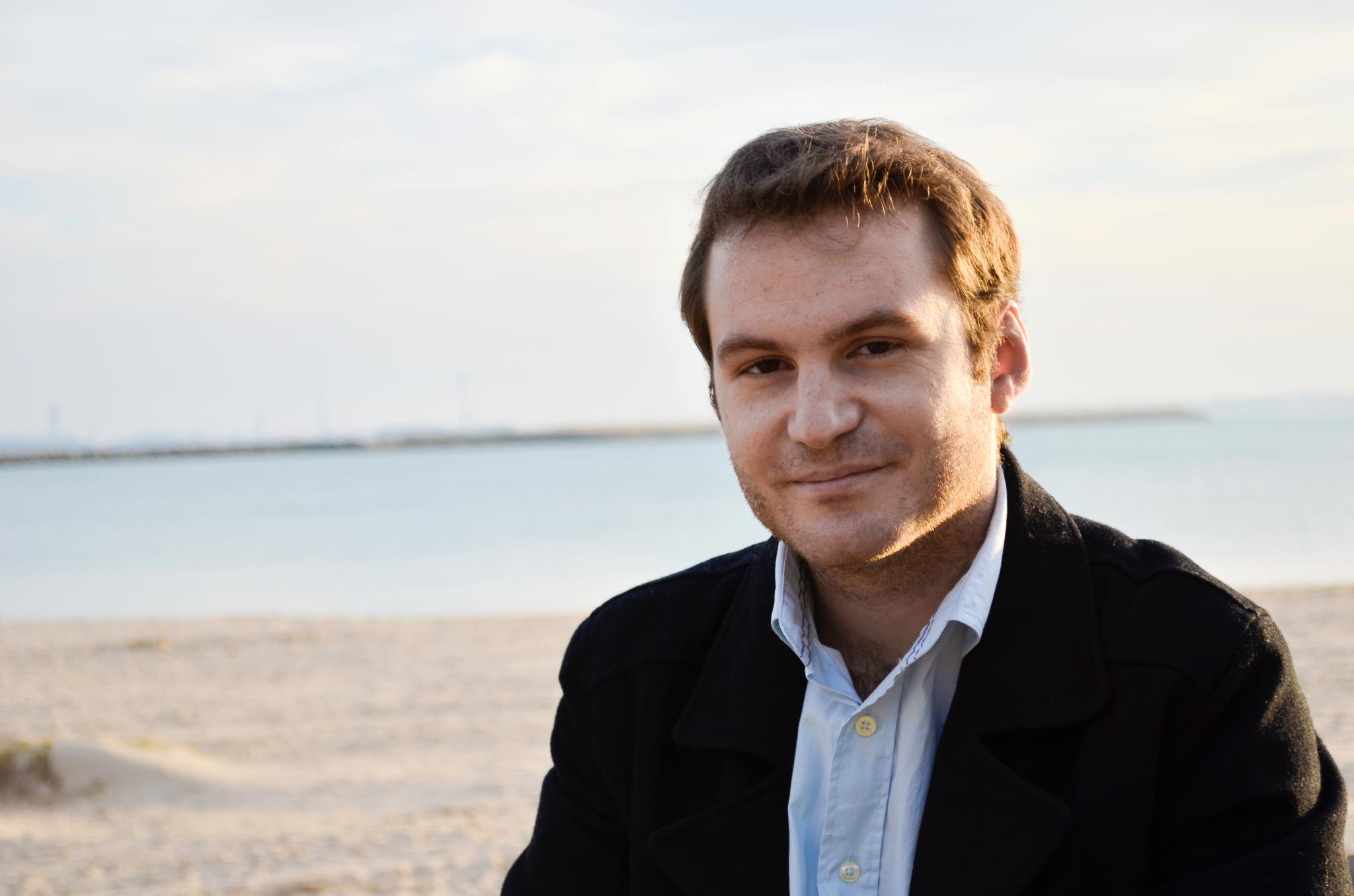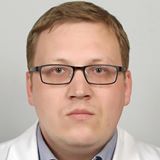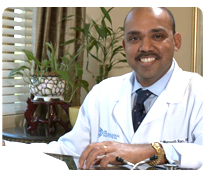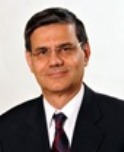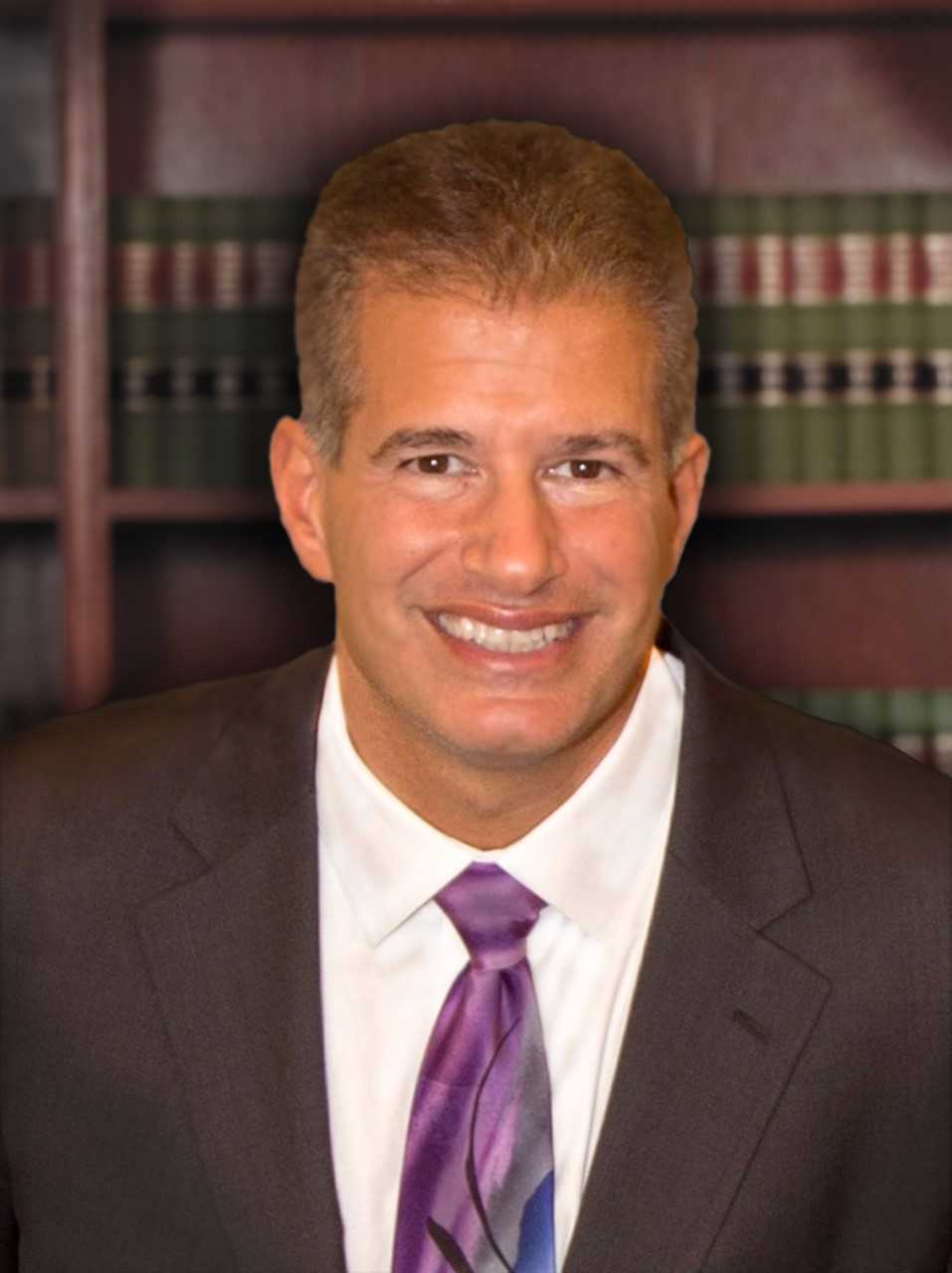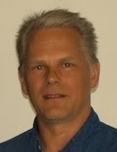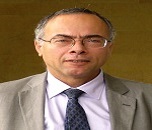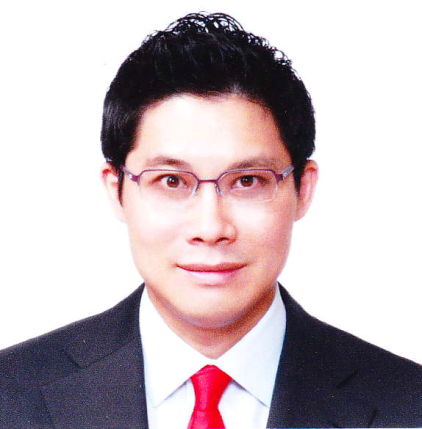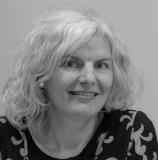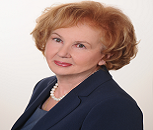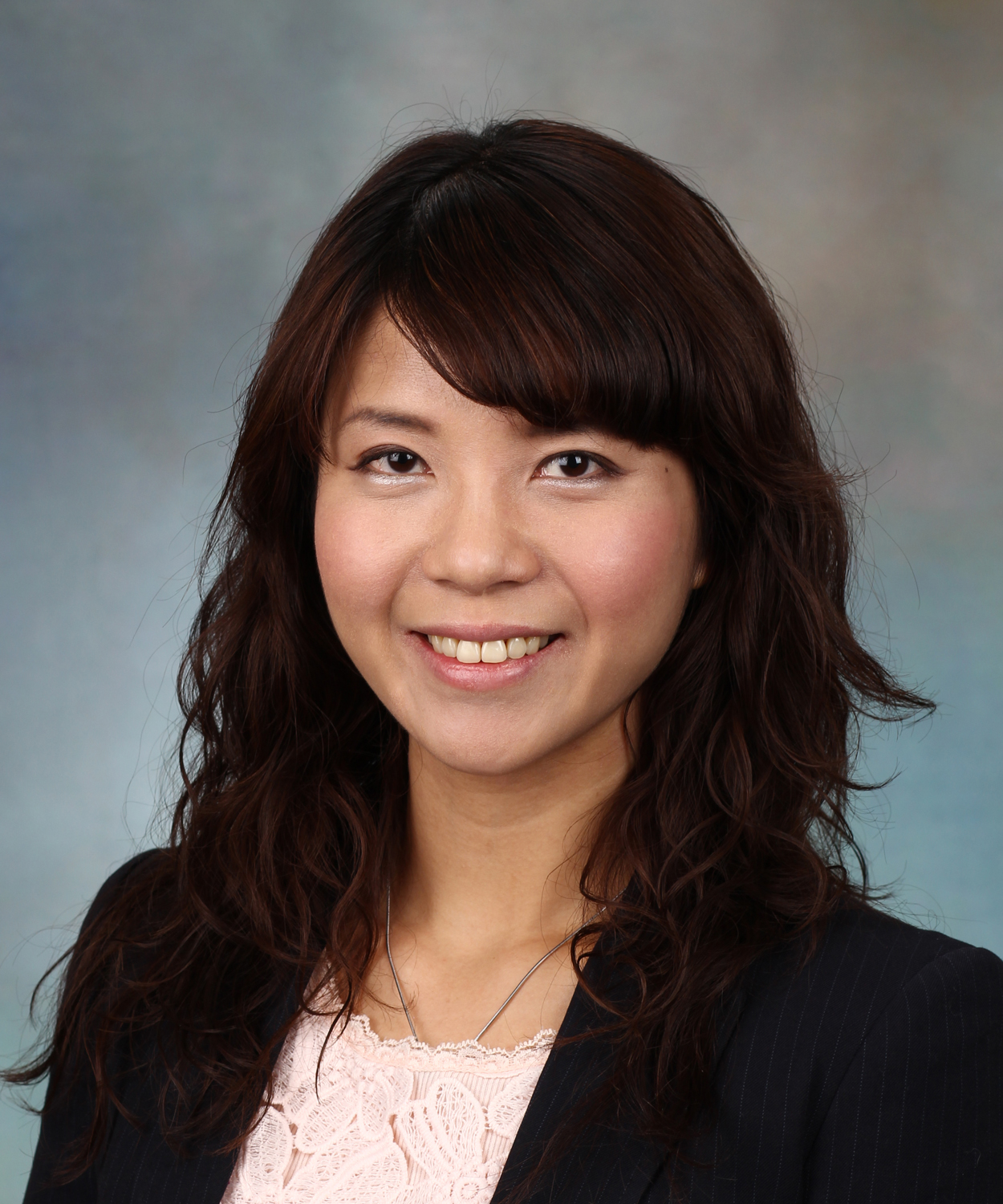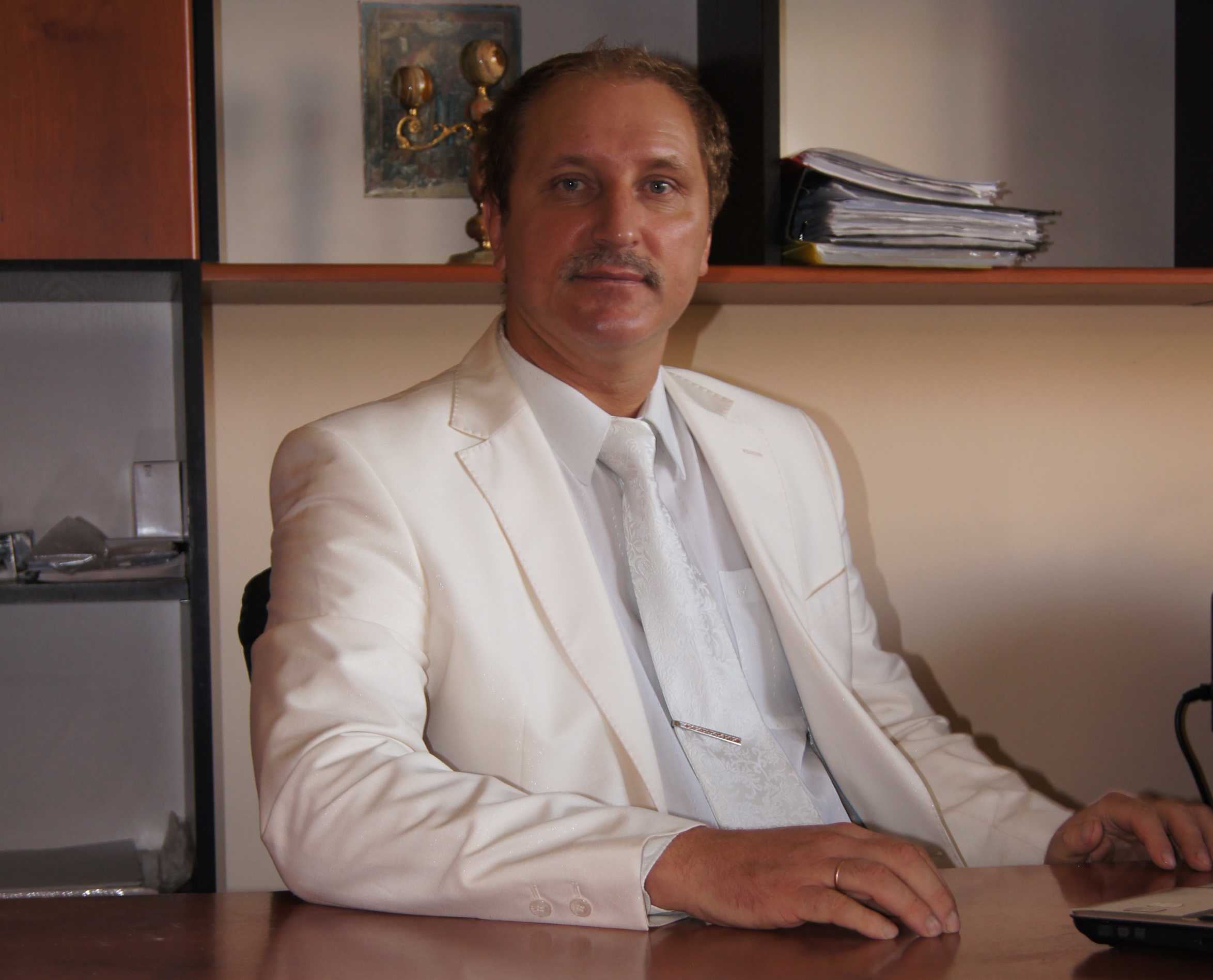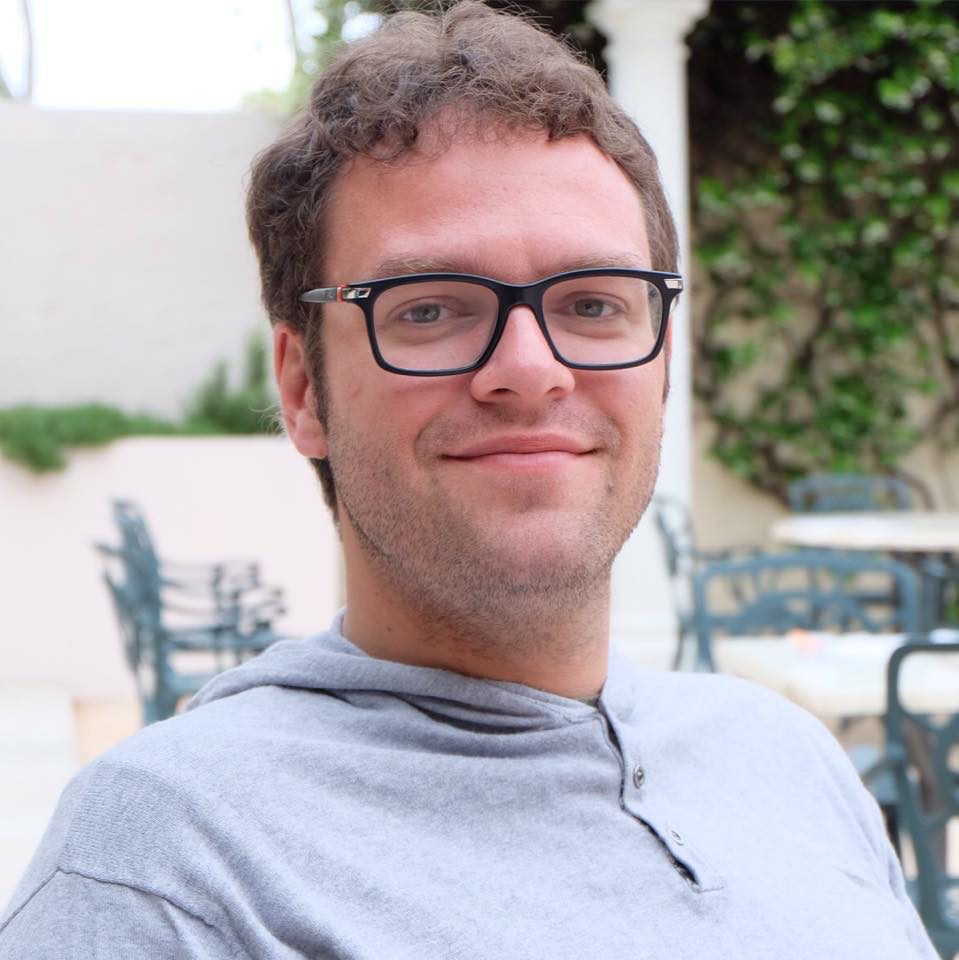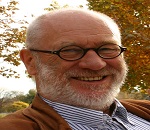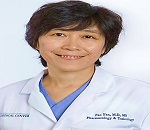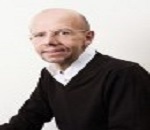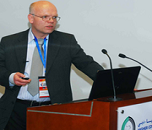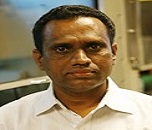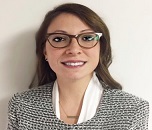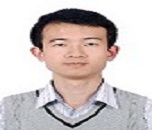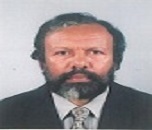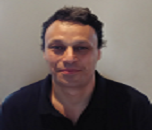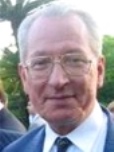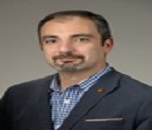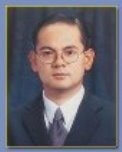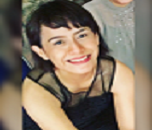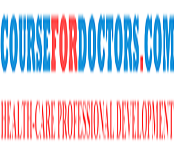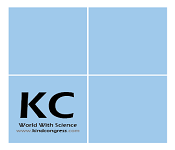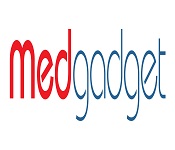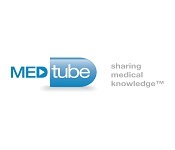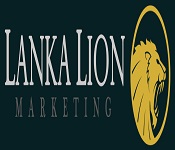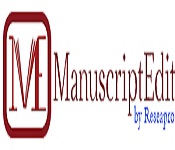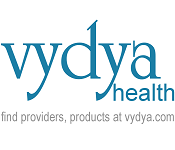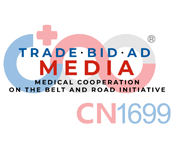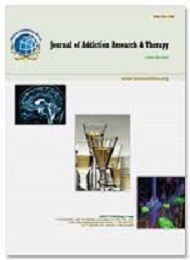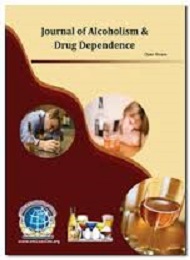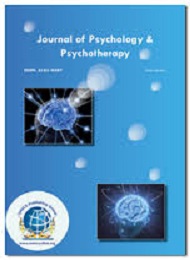Theme: Unifying the new discoveries and Promote approaches towards Addiction and Addictive Disorders
Addiction Conference 2019
On behalf of International Conference & Exhibition on Addictive Disorders & Addiction Therapy 2019 Organizing Committee, we cordially invite professors, scientific communities, therapists, counsellors, students and business delegates to attend the International Conference & Exhibition on Addictive Disorders & Addiction Therapy 2019 which is to be held on September 23-24, 2019 in Hong Kong.
Addiction conference 2019 intends to unite researchers, specialists, and leading academic scientists to trade and offer their encounters and research comes about all parts of the unsafe impact of Addiction and Treatment and Therapy. It additionally gives the head interdisciplinary gathering to specialists, experts and instructors to show and talk about the latest advancements, patterns, and concerns, viable difficulties experienced and the arrangements embraced in the field of dependence treatment and treatment.
Globally, cannabis is the most commonly used (125-165 million people), followed by amphetamine-type stimulants, then cocaine and opioids. The harmful use of alcohol results in 3.8 million deaths each year. On average every person in the world aged 15 years or older drinks 7.2 liters of pure alcohol per year. Less than half the population (39.6%) actually drinks alcohol, this means that those who do drink consume on average 19 liters of pure alcohol annually. At least 16.3 million persons have drug use disorders.
Of aggregate recorded liquor devoured around the world, 50.2% was expended as spirits. Overall 60.7% of the population aged 15 years or more established (15+) had not drunk liquor in the previous year. In all WHO districts, females are more regularly lifetime teetotalers than males. There is an impressive variety in the predominance of abstention crosswise over WHO areas. Worldwide around 16% of consumers matured 15 years or more established take part in overwhelming roundabout drinking.
Target Audience:
· Neurologists and Directors
· Physicians
· Neuroscientists
· Specialists
· Researchers
· Healthcare professionals
· Professors
· Industrial Experts
· Neurosurgeons
· Psychiatrist
· Nutritional Scientists
· Lecturers and Students from Academia
· Students from Academia in the research of Neurology
Track 01 Addiction | Addiction Therapy Conferences | Mental Health Conferences | Top Addiction Conferences
Addiction is a chronic disorder with biological, psychological, social and environmental factors influencing its development and maintenance. Typically, it falls under two categories, substance dependence, or drug addiction, and behavioral addiction such as a gambling addiction.
Track 02: Addictive disorders | Neurology Conferences | Neuro Psychology Conferences | Upcoming Addiction Conferences
Addiction develops over time and becomes chronic. Substance abuse, substance dependence and chemical dependence are the three different types of addictive disorders. Addictive disorders are caused by many reasons such as social pressures, psychiatric issues, and genetic vulnerability.
Track 03: Addiction Pharmacology | Addiction Therapy Conferences | Mental Health Conferences | Substance Abuse conferences
Research in the Department of Pharmacology plans to see how addictive specialists, for example, nicotine, amphetamines or cocaine influence neurotransmitter receptors and transporters, and how they change neuronal flag transduction to start habit. Different endeavors concentrate on the disclosure of novel analgesics that may supplant addictive analgesics medications later on.
Track 04: Depression and Anxiety disorders | Neurology Conferences | Addiction Conferences | Drug Addiction Conferences
Depression and anxiety disorders are different, but people with depression often experience symptoms similar to those of an anxiety disorder, such as irritability, nervousness, Insomnia and lack of concentration. Severe or ongoing feelings of depression and anxiety can be a sign of an underlying mental health disorder.
Track 05: Addiction Therapy | Mental Health Conferences | Upcoming Addiction Conferences | Substance abuse Conferences
Addiction is a chronic disease that affects the brain in complex ways that contribute to compulsive and uncontrollable use. Drug and alcohol addiction therapy should increase your ability to cope with negative emotions, thoughts, and circumstances in healthy ways without the use of drugs or alcohol.
Track 06: Addiction Rehabilitation and Recovery | Neuroscience Conferences | Drug Addiction Conferences | Addiction Conferences
Addiction treatment and rehabilitation includes various medications and treatments. Substance abuse treatment includes motivational treatment in which we urge a patient to build up a negative perspective of their mishandle, alongside a want to change their conduct. It is one of the critical treatments incorporated into Rehabilitation house treatment approaches.
Track 07: Drug Addiction | Addiction Conferences | Drug Addiction Conferences | Substance abuse Conferences
Drug addiction is a chronic disease characterized by urgent, or wild, drug seeking and use despite harmful consequences and changes in the brain, which can be dependable. These adjustments in the mind can prompt to the harmful behaviors found in individuals who utilize drugs. Drug addiction is additionally a backsliding disease.
Track 08: Cognitive Improvement and Alcohol Recovery | Smoking Cessation Conferences | Addiction Conferences | Addictive disorders Conferences
Alcohol can result in cognitive deficits, but many studies have shown that abstinence can reverse the cognitive and physical damage caused by heavy alcohol consumption. Alcohol consumption blocks communication between brain cells leading to impulsive behaviour, slurred speech, poor memory, and slowed reflexes. Without proper treatment cognitive impairment grows worse, eventually leading into a lasting syndrome known as alcohol-related dementia.
Track 09: Cyberpyschology | Addictive disorders Conferences | Addiction therapy Conferences | Substance Abuse Conferences
Cyberpsychology is the study of human machine interaction. The discipline also includes the study of the impact of artificial intelligence and trans-human technology, such as bionic body enhancements and cyborgs, on the human psyche.
Track 10: Addiction Psychiatry and Mental Health | Mental health Conferences | Addiction Conferences | Drug Addiction Conferences
Addiction psychiatry is a psychiatric subspecialty relating to the evaluation, diagnosis and treatment of people suffering from addiction disorders. This may include disorders involving drugs, gambling, sex, food, alcohol and other addictive substances. Addiction psychiatry is an expanding field, and currently there is a high demand for substance abuse experts in both the private and public sector.
Track 11: Addiction Case Reports | Addictive disorders Conferences | Drug Addiction Conferences
Track 12: Substance Abuse | Addiction Therapy Conferences | Mental Health Conferences | Top Addiction Conferences
Substance abuse is the use of harmful psychoactive substances like alcohol and illicit drugs. Psychoactive substance induces a cluster of behavioural, cognitive, and physiological phenomena that develop after repeated substance use.
Track 13: Cannabis and Opioid addiction | Mental Health Conferences | Addictive disorders Conferences
Opioid is used for relieving pain. Minimal use of opioid is safe but overdose causes addiction. An overdose of opioids requires immediate medical treatment. Opioid alter brain by producing artificial endorphins. An overdose of Opioid causes brain to rely on artificial endorphins instead of producing its own endorphins.
Track 14: Addiction induced Brain Disorders | Addiction Therapy Conferences | Drug Addiction Conferences | Substance abuse Conferences
Addiction also known as substance use disorder is a disease that affects brain’s inability to control the use of drug. The addicting drug causes physical changes to some nerve cells in the brain and affects communication.
Track 15: Addiction & Behavioural Studies | Addiction Therapy Conferences | Mental Health Conferences | Upcoming Addiction Conferences
Behavioral addictions also called as impulse control disorders, are increasingly recognized as treatable forms of addiction. The type of excessive behaviors identified as being addictive include gambling, food, sexual intercourse, use of pornography, use of computers, playing video games, use of the internet and other digital media, exercise, and shopping.
Track 16: Substance abuse Nursing | Addiction Conferences | Drug Addiction Conferences
A substance abuse nurse also referred to as an addiction nurse, specializes in the treatment of drug, alcohol or other substances addicted patients. Substance abuse nurses are trained in mental health along with general medicine. They provide pain management, education for patients and caregivers about the dangers of substance abuse and emotional support to patients in crisis.
Related Societies:
American Society of Addiction Medicine,
National Institute on Alcohol Abuse and Alcoholism (NIAAA),
National Rehabilitation Association (NRA),
National Institute on Drug Abuse,
Society for the Study of Addiction,
National Council on Alcoholism and Drug Dependence,
New Zealand Rehabilitation Association,
SAMHSA - Substance Abuse and Mental Health Services Administration,
Research Society on Alcoholism,
National Association of Addiction Treatment Providers,
The International Society of Physical and Rehabilitation Medicine (ISPRM),
The Association of Substance Abuse Programs,
European Society for Biomedical Research on Alcoholism,
Association for Addiction Professionals,
American Academy of Physical Medicine and Rehabilitation,
National Association of State Alcohol and Drug Abuse Directors (NASADAD),
National Institute on Drug Abuse (NIDA)
Addiction Conference 2019 welcomes attendees, presenters, and exhibitors from all over the world to Hong. We are delighted to invite you all to attend and register for the “International Conference & Exhibition on Addictive Disorders & Addiction Therapy” which is going to be held during September 23-24, 2019. The organizing committee is gearing up for an exciting and informative conference program including Keynote presentation, plenary lectures, symposia, workshops and poster presentations on various topics related to addiction research and therapy around the theme “Unifying the new discoveries and advanced approaches toward Addiction”.
For more details please visit- https://addiction.annualcongress.com/
Importance and Scope:
Addiction Conference 2019 is a unique forum to bring together worldwide distinguished academics in the field of neuroscience and neurology, Brain researchers, public health professionals, scientists, academic scientists, industry researchers, scholars to exchange about state of the art research and technologies.
The aim of this conference is to stimulate new ideas for treatment that will be beneficial across the spectrum of Neuroscience.
Conferences, National symposiums, and Workshops provide a dedicated forum for the advancement, execution, and exchange of information about Neuroscience and its allied areas.
Why in Hong Kong:
Hong Kong lies in the southeast coast of china; it covers 426 square miles of area. It is one of the leading financial, banking and trading cities of the world. It has the world view of skyscrapers, glittering harbor and green filled hills and peaks. Hong Kong is full of atmospheric cafés and tea houses, food center, temples and lot more to explore.
Hong Kong is located in eastern Asia. It borders the South China Sea to the south, west, and east, and shares a land border with mainland China to the north. It consists of 4 main areas: Hong Kong Island, Kowloon, the New Territories, and the Outlying Islands. Trade has been the heart of Hong Kong's economy. Agriculture is negligible as a source of employment or revenue and makes only a miniscule contribution to GDP (0.1 percent in 1998). The scarcity of arable land leaves very limited opportunity for agricultural activities. Hong Kong is heavily dependent on agricultural imports.
Tourism is one of Hong Kong's most important service activities and is the third largest source of foreign exchange earnings. Places like Hong Kong Disneyland, Tian Tan Buddha Statue, Ocean Park Hong Kong, Clock Tower, Wong Tai Sin Temple, Victoria Peak and Avenue of starts will grab the visitor’s attention.
Conference Highlights:
- Addiction
- Addictive Disorders
- Alcoholism
- Addiction Medicine
- Addiction Nursing
- Drug addiction
- Marijuana and Opioid addiction
- Child & Adolescent Substance Abuse
- Depression & Anxiety Disorders
- Eating Disorders
- Behavioral addiction
- Gambling Addiction
- Mental Health and Substance Abuse
- Liver Cirrhosis
- Addiction Treatment and Rehabilitation
- Group Therapies
- Rehabilitation Therapies
- Addiction Therapy
- Alcoholism Treatment
- Mindfulness
Why attend???
International Conference & Exhibition on Addictive Disorders & Addiction Therapy is a unique forum to bring together worldwide distinguished academics in the field of neuroscience and neurology, Brain researchers, public health professionals, scientists, academic scientists, industry researchers, scholars to exchange about state of the art research and technologies.
The aim of this conference is to stimulate new ideas for treatment that will be beneficial across the spectrum of Brain Disorders.
A Unique Opportunity for Advertisers and Sponsors at this International event:
https://addiction.annualcongress.com/sponsors.php
Conference Highlights
- Addiction
- Addictive disorders
- Addiction Pharmacology
- Depression & Anxiety disorders
- Addiction Therapy
- Addiction Rehabilitation and Recovery
- Drug Addiction
- Cognitive Improvement and Alcohol Recovery
- Cyberpyschology
- Addiction Psychiatry and Mental Health
- Addiction Case Reports
- Substance Abuse
- Cannabis and Opioid addiction
- Addiction induced Brain Disorders
- Addiction & Behavioral Studies
- Substance abuse Nursing
To share your views and research, please click here to register for the Conference.
To Collaborate Scientific Professionals around the World
| Conference Date | September 23-24, 2019 | ||
| Sponsors & Exhibitors |
|
||
| Speaker Opportunity Closed | Day 1 | Day 2 | |
| Poster Opportunity Closed | Click Here to View | ||
Useful Links
Special Issues
All accepted abstracts will be published in respective Our International Journals.
- Journal of Addiction Research & Therapy
- Journal of Alcoholism & Drug Dependence
- Journal of Psychology & Psychotherapy
Abstracts will be provided with Digital Object Identifier by








